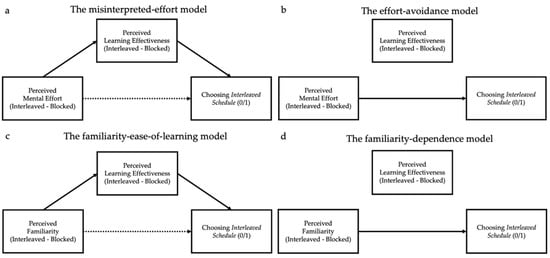
# The Psychology of Overreaction: Understanding How Humans Misread Information from Courts to Stock Exchanges
Despite our cognitive strengths, humans often exhibit a curious tendency to misread the importance of information, particularly in high-stakes situations—whether in competitive sports or investment arenas. Recent studies reveal a surprisingly uniform trend in our information processing: **we have a propensity to overreact to feeble signals while minimizing the impact of stronger, more significant ones.** This realization, based on both controlled laboratory studies and real-world data exploration, exposes critical weaknesses in human decision-making that reverberate across various sectors and daily encounters.
Published in *The Quarterly Journal of Economics*, the research from scholars at UC Berkeley and University College London illustrates how this cognitive bias manifests in two seemingly distinct yet mathematically complex domains: basketball competitions and financial exchanges.
## The Overreaction Case: From NBA Matches to Financial Markets
Picture an NBA match in which Golden State Warriors’ star Steph Curry sinks two three-pointers early in the game. Enthusiasm surges among fans, and betting odds heavily favor the Warriors. Jump to the final seconds when the opposing team leads by two points with less than 10 seconds on the clock. Past data indicates that the Warriors’ chances of winning drop below 10%, yet sports betting markets frequently fail to accurately reflect this situation.
This tendency to overemphasize early-game actions while undervaluing late-game events exemplifies how individuals mismeasure information value. “Although people understand that late-stage information generally carries greater weight, they tend to overreact to early indicators in ways that do not correspond with probability or logical decision-making,” says Eben Lazarus, an assistant professor at UC Berkeley’s Haas School of Business.
Nevertheless, this bias extends beyond sports. Researchers examined over 4 million option prices from the Chicago Board Options Exchange (CBOE) and unveiled a similar pattern: financial markets overreact to daily news concerning a stock while evaluating its long-term prospects, while downplaying critical information in the lead-up to significant contract expirations.
### The Experiments: Understanding Our Misinterpretation of Information
To explore this trend further, the research team carried out three groundbreaking experiments. In one such study, they tasked 500 NBA enthusiasts with predicting game outcomes based on fictional play sequences. Despite participants’ intellectual awareness that fourth-quarter events bear greater significance, they consistently attributed 60% more weight to early-game plays than warranted, while undervaluing crucial fourth-quarter actions by 33%.
This inclination wasn’t merely tied to excitement over prominent plays; it reflected a wider incapacity to accurately evaluate different types of information. This behavior was similarly observed in financial decision-making and market actions.
In financial trading, where options derive their worth from upcoming stock price changes, trivial bits of daily news were disproportionately weighted. Traders might overreact to minor adjustments in quarterly earnings forecasts but neglect to modify their response to transformative news—such as an impending merger or regulatory announcement—closer to an option’s expiration date.
### Cognitive Reasoning: Why Do We Misjudge?
This ongoing struggle to differentiate between weak and strong signals, labeled **overinference** and **underinference**, arises from the natural ways humans cope with uncertainty. People are inclined to adopt an “average” response when they are uncertain about a signal’s significance. In simpler terms, while we may easily discern if news is “good” or “bad,” we often find it challenging to gauge *how much* it should influence our thoughts or choices.
Eben Lazarus compares it to music: “It’s like knowing a song has a catchy tune but not discerning which sections are the chorus and which are mere background noise.” If the rhythm remains steady throughout, we miscalculate which parts of the song truly bear the most importance.
Important concepts central to understanding this phenomenon include:
– **Signal Strength:** The extent to which information should influence a belief or course of action.
– **Overinference:** Overvaluing weak information.
– **Underinference:** Undervaluing strong or vital information.
### Insights for Everyday Decision-Making
The implications of this research are extensive for both individual and group behavior. For those involved in sports betting, finance, or even public policy, grasping this bias can enhance decision-making quality. However, the researchers warn against becoming overly confident.
“You might think, ‘I’ll simply wager on late-game events or disregard weak daily updates,’ but markets are vast and efficient. Acknowledging the pattern doesn’t guarantee consistent success,” Lazarus cautions. The findings may assist individuals in reducing mistakes, but they emphasize that, even with an understanding of human biases, certainty remains difficult to achieve.
### Broader Applications Beyond Sports and Finance
While the focus of this research is on basketball contests and financial marketplaces, its implications reach into numerous facets of life where decisions must be made amid uncertainty. For instance: